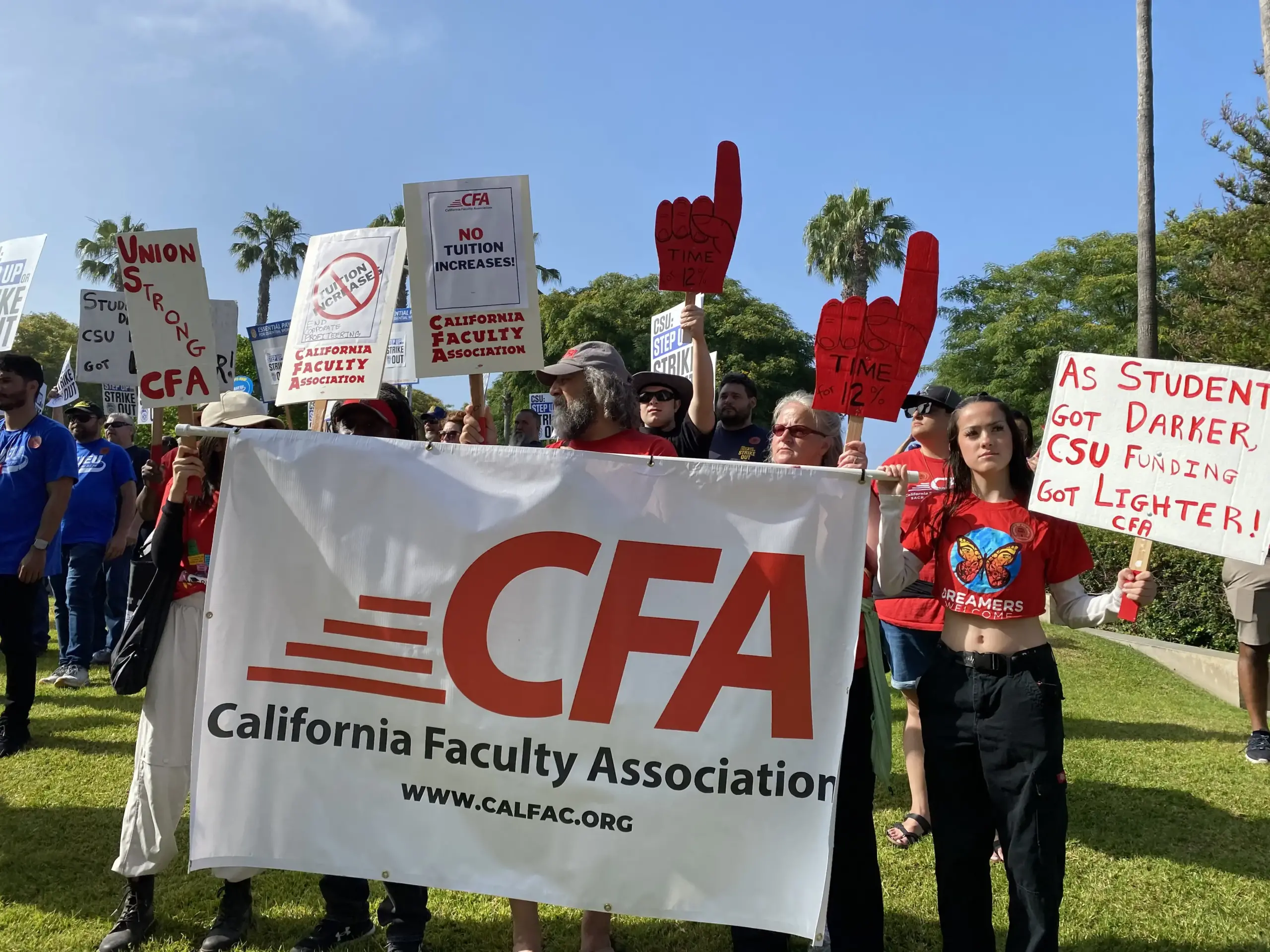Changing the Narrative about Policing
For generations, people of color, specifically Black people across the USA, have been calling attention to the harms their communities face due to policing. Even after national shocks like the recorded beating of Rodney King in 1991 and the livestreamed lynching of George Floyd in 2020, too many insist on gaslighting, or better yet, racelighting those whose experiences with the police are not as idyllic as those of Andy Griffith’s Mayberry. Why is that?

In western culture, we are preoccupied with crime and danger and thereby with those anointed as protectors. The narrative of the police as protectors and defenders of the people has been ingrained through innumerable articles, books, magazines, movies, plays, radio, television, podcasts, political rhetoric, education, the judicial system, real estate, and capitalist opportunity. In other words, every facet of our society. So, when confronted with the lived experiences of those who have been terrorized by the system of policing in our culture, the public finds them easy to reject.
Understanding how the role of white supremacy, racism, anti-Blackness, the prison industrial complex, federal agencies like ICE (Immigration and Customs Enforcement), Fraternal orders of Police, and qualified immunity shield and guide the purpose and work of policing is challenging and disruptive to the dominant narrative of these protectors.
We who compose the CSU campus communities are not immune to the dominant narratives. Armed police are on our campuses, but they have not always been there and they have not always been outfitted with military grade weaponry. It is time that we take an unjaundiced look at the nature of policing and engage in intentional strategic conversations about what we will do to create and sustain healthy communities. CFA invites our members and others into this life affirming work of community wellbeing.
Starting with the #JusticeforJosiah campaign in 2017, CFA became invested in safety on campus after learning of the violence that confronted students and how they and faculty felt unsafe on many CSU campuses. We surveyed faculty and students alike to understand what makes them feel secure on campus. We found strong support for counseling services, lighting, restroom facilities for gender non-conforming persons, and demands to end intimidating police practices and their cooperation with federal agencies like ICE. We fought and won efforts for more tenure line counselors, we proposed bargaining language and our Community Wellbeing taskforce is pressing on with implementation of Assembly Bill 1997, which directed the CSU Chancellor to convene a stakeholder workgroup by July 1, 2023 to explore alternatives to policing. The deadline came and went with a late and perfunctory memo from the Chancellor claiming to be working on identifying campus constituent stakeholders for participation.
CFA is determined to decriminalize our campuses and abolish policing as we know it. A March 2023 Headlines article introduced CFA’s alternatives to armed campus policing efforts. We aim to shift the narrative from suspicion and criminalization to building and sustaining university communities that are places free of fear, scarcity, and othering. To this end, the CFA community wellbeing taskforce is organizing and already doing the work of requesting and analyzing data received following public records information requests.
Cops do not keep us safe and yet, early analysis shows campuses continue to increase police budgets even during the Covid-19 years. The bulk of their work and approximately $70,000,000 (accorded to records obtained from the CSU) are spent on surveilling and harassing people, patrolling streets and buildings, looking, too often, for racialized suspects and initiating traffic stops. These millions allocated to university police departments need reprioritizing to instruction and the psychological and social needs of CSU students and faculty.
You can help to bring about the transformation we want to see:
- Get involved with your CFA chapter leadership team in creating spaces to dialogue and organize on how to reimagine safety and justice on our campuses.
- Send us your stories of contact with police, either on or off campus – as we know that our campuses and communities are connected and we need to share our experiences. Email your narrative to Audrena Redmond (aredmond@calfac.org), and let us know if you’re willing to record a video testimony, too.
Join California Faculty Association
Join thousands of instructional faculty, librarians, counselors, and coaches to protect academic freedom, faculty rights, safe workplaces, higher education, student learning, and fight for racial and social justice.